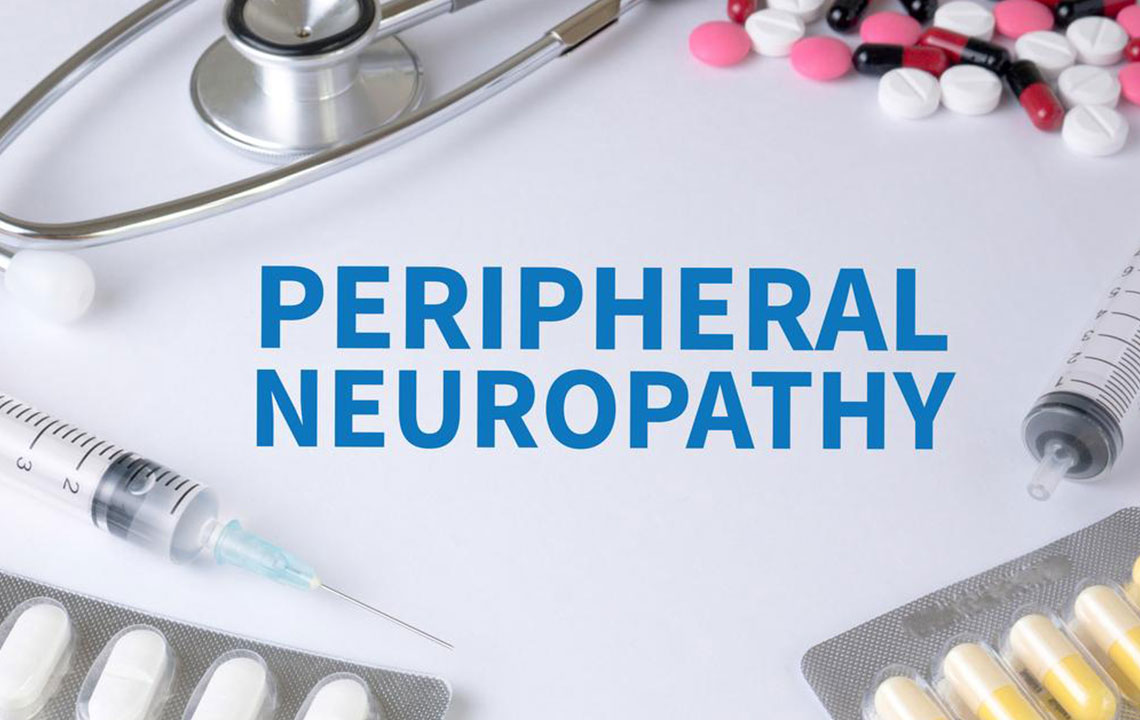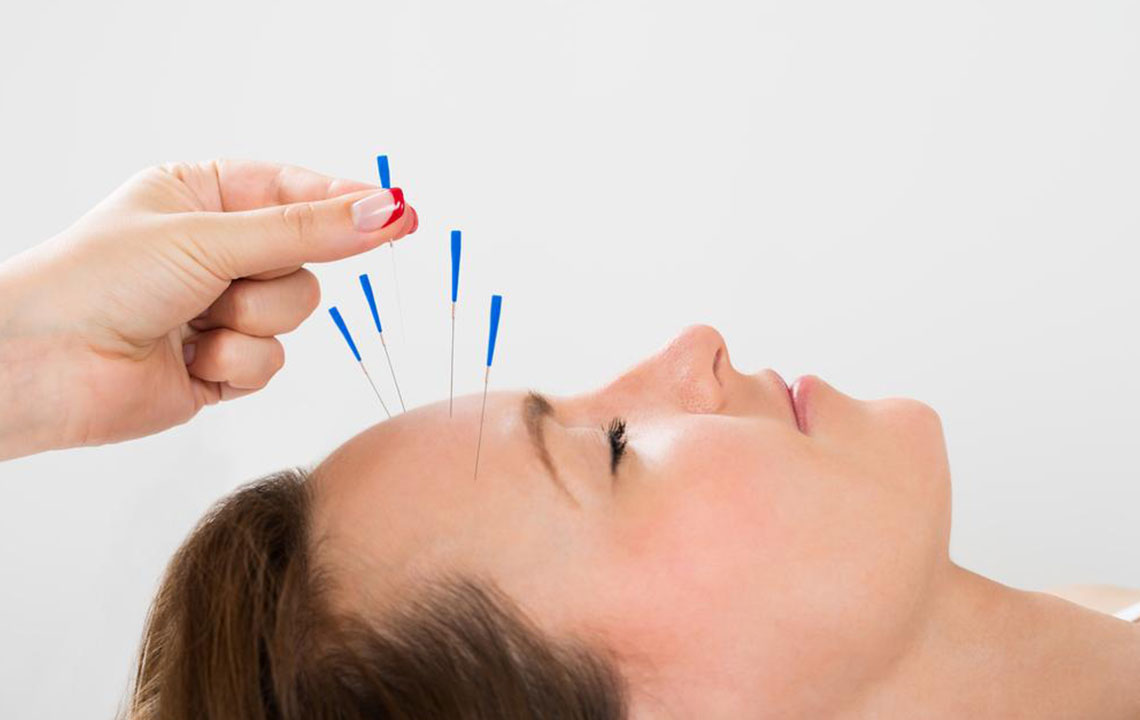Comprehensive Guide to Recognizing and Understanding Nerve Disorders and Their Causes
This comprehensive article explores the early signs, causes, diagnosis, and management of nerve disorders. Understanding symptoms like numbness, pain, and balance issues is vital for early intervention. Key causes such as diabetes, alcohol abuse, injuries, and hereditary factors are discussed, along with diagnostic methods like nerve conduction tests. Effective treatment options and lifestyle adjustments are highlighted to help patients manage and prevent progression. Recognizing nerve disorder symptoms early can significantly improve quality of life and recovery outcomes.

Comprehensive Guide to Recognizing and Understanding Nerve Disorders and Their Causes
Nerve disorders, also known as neuropathies, present a wide spectrum of symptoms that can significantly impact daily life. Recognizing the early signs and understanding the underlying causes are crucial steps toward timely diagnosis and effective management. Symptoms such as trembling hands, sudden numbness, muscle weakness, irregular heartbeat, excessive sweating, and blood pressure fluctuations are key indicators that warrant medical attention. These symptoms may vary depending on the specific nerve involved and the severity of the disorder.
Neuropathy encompasses various conditions categorized based on the nerves affected. When a single nerve is involved, it's called mononeuropathy, often resulting from trauma or compression. In contrast, when multiple nerves are affected simultaneously, the condition is termed polyneuropathy, which tends to develop gradually and can be linked to systemic health issues. Understanding these classifications helps health professionals and patients recognize the nature of the disorder and tailor treatment strategies accordingly.Understanding the Causes of Neuropathy
Several factors contribute to nerve damage and the onset of neuropathy. Excessive alcohol consumption is a common culprit, as it can cause direct nerve toxicity and nutritional deficiencies that impair nerve health. Chronic illnesses such as kidney disease, lung conditions, and particularly diabetes are well-known risk factors. Diabetes-induced nerve damage, or diabetic neuropathy, is among the most prevalent forms, especially in poorly managed cases.
Medication side effects, especially from chemotherapy drugs, certain antibiotics, and some cardiovascular medications, can also induce nerve issues. Infections like shingles, Lyme disease, and HIV can directly infect nerves or trigger immune responses damaging nerve tissue. Physical injuries, whether from accidents or repetitive strain, may cause localized nerve compression or trauma. Exposure to toxic substances like heavy metals or certain chemicals can impair nerve functioning, while hereditary conditions, such as inherited peripheral neuropathies, predispose individuals to nerve degeneration.
Despite these identifiable factors, sometimes nerve damage occurs with no explicit cause, adding to the complexity of diagnosis. Early signs of nerve impairment are often subtle and easily overlooked, emphasizing the importance of awareness and proactive health monitoring. One of the initial changes is a reduced or absent sensation, particularly the tickling or light touch feelings that normally alert us to contact. Since nerves are responsible for transmitting sensory information from the skin to the brain, any disturbance in this pathway can serve as an early warning signal of underlying nerve pathology.
Key Symptoms to Recognize in Neuropathy
Persistent burning, stabbing, or shooting pains, which may be accompanied by throbbing or cold sensations, indicating nerve irritation
heightened sensitivity to touch, with even gentle contact causing pain or electrical shocks
Numbness or tingling sensations in the hands and feet, often leading to coordination issues and difficulty with fine motor skills
Balance disturbances, causing frequent falls and increased risk of injuries
Temporary or permanent paralysis if motor nerves are disrupted
Digestive problems like nausea, bloating, or irregular bowel movements, along with bladder control issues
Sudden episodes of overheating, excessive sweating, and signs that increase the risk of cardiovascular events like strokes or heart attacks
Symptoms such as dizziness, fainting, blurred vision, and nausea after meals, indicating autonomic nerve involvement
Difficulty urinating, with some experiencing involuntary leakage or a persistent feeling of incomplete bladder emptying
Shaking, sweating, or palpitations associated with fluctuations in blood sugar levels or stress responses
How Nerve Disorders Are Diagnosed
Early diagnosis of nerve conditions greatly enhances the chances of successful management. Medical professionals typically perform comprehensive evaluations including a detailed review of the patient's medical history, medication usage, familial health patterns, and lifestyle factors. Physical examinations focus on testing reflexes, muscle strength, sensory responses, and circulation status.
Advanced testing is often necessary to confirm nerve damage. Nerve conduction studies measure the speed and strength of electrical signals as they pass through the nerves, revealing areas of slowed or blocked transmission. Electromyography (EMG) assesses muscle response to nerve stimulation, helping pinpoint the location and extent of nerve injury. These tests provide vital information to determine the prognosis and appropriate treatment options.
Monitoring nerve health is especially routine in patients with diabetes, as neuropathy is a common complication. Additionally, exposure to neurotoxic substances should be minimized, and protective measures should be taken in workplaces involving hazardous chemicals or heavy metals. Natural therapies aim to address underlying causes such as optimizing blood sugar levels, reducing alcohol intake, and improving nutritional status. Symptom relief through medication, physical therapy, and lifestyle changes plays a critical role in managing nerve disorders effectively.
Being vigilant about early signs and seeking medical advice promptly can prevent deterioration and improve quality of life for individuals affected by nerve problems. A multidisciplinary approach involving neurologists, endocrinologists, physiotherapists, and nutritionists often yields the best outcomes in managing and even reversing some forms of neuropathy.





